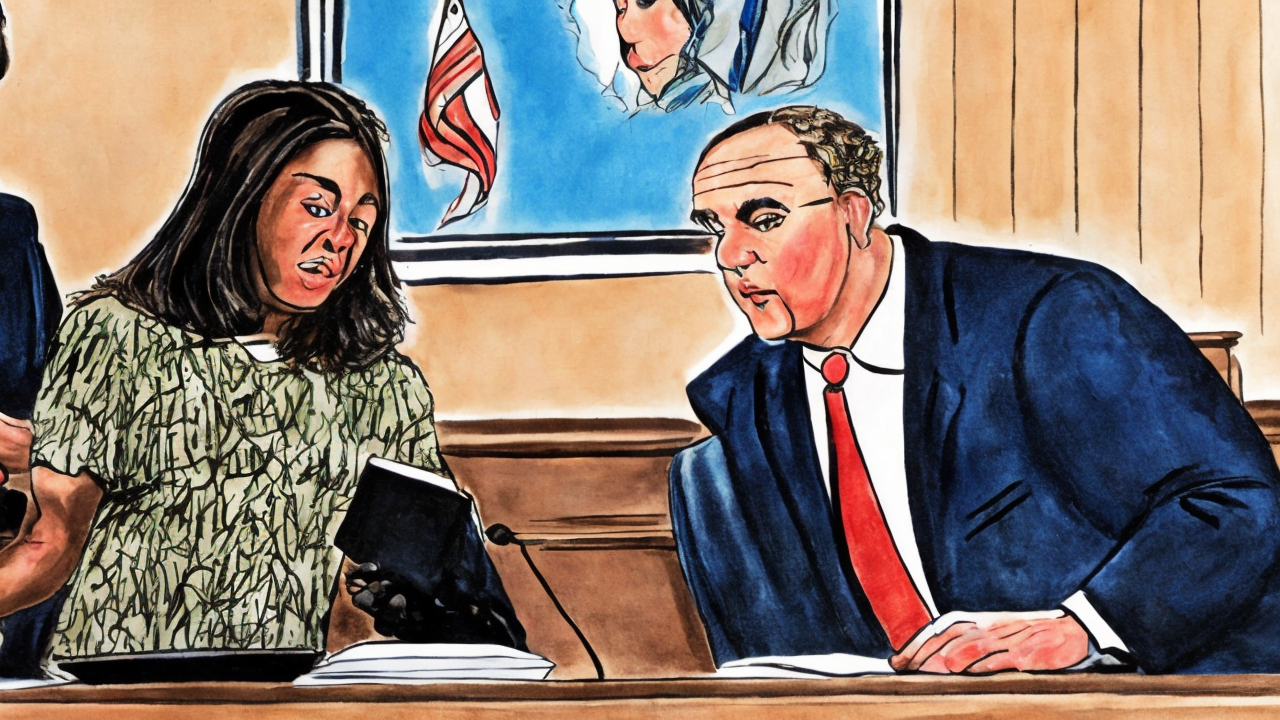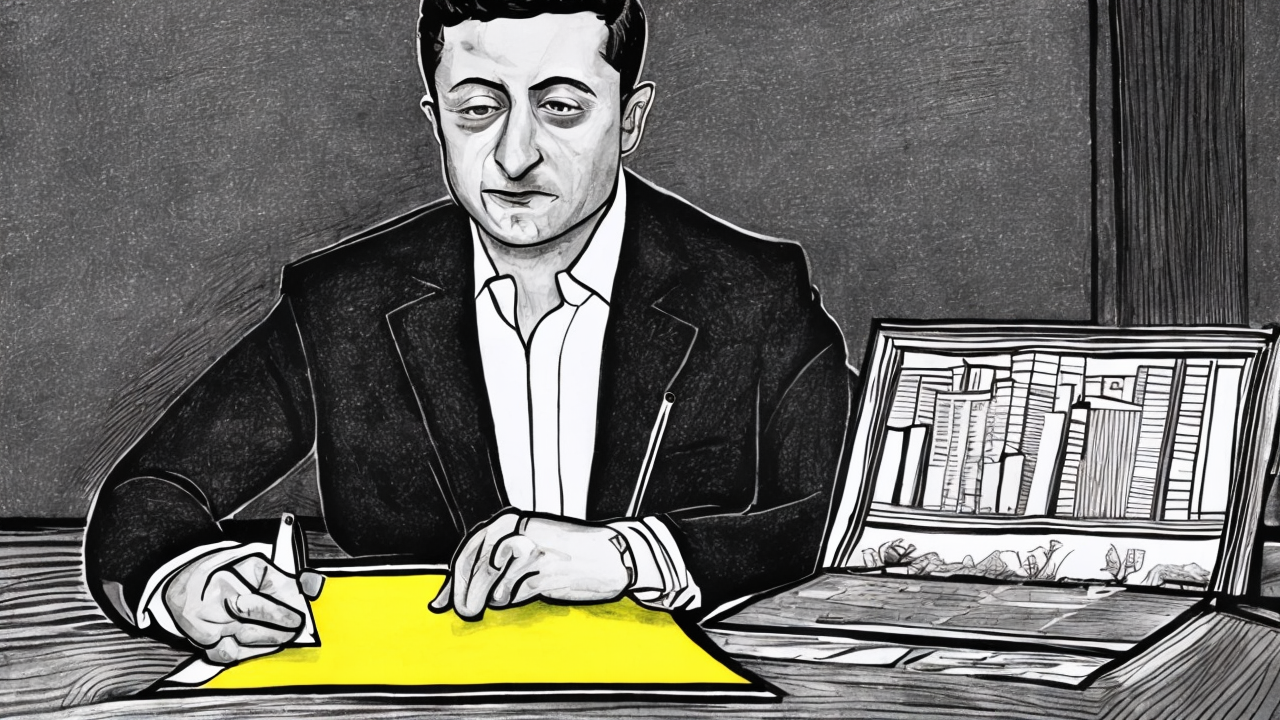Fraud in Science: A Growing Crisis

Scientific integrity is under siege as researchers increasingly fabricate, falsify, or plagiarize evidence, alarming experts and undermining public trust in science. Fraud hunters like molecular biologist Mike Rossner are uncovering alarming patterns of misconduct at top U.S. research institutions. Rossner specializes in identifying manipulated images in journal papers, a common red flag for deceit. His findings reveal widespread issues, with scientists often deleting underlying data to obscure wrongdoing, making it harder to prove misconduct. The problem is not isolated. In recent years, even prestigious universities like Harvard and Johns Hopkins have faced scandals, with over 20 Nobel laureates seeing their papers retracted due to misconduct. Retraction Watch reports a fivefold increase in retractions globally over the last decade, with fraud and misconduct accounting for about two-thirds of these cases. Experts link the rise in misconduct to the "publish or perish" culture, where researchers face intense pressure to produce frequent publications to secure funding and jobs. This pressure has fueled the growth of "paper mills," which produce low-quality or fake papers for publication in predatory journals without peer review. Additionally, lax oversight at universities and research centers, which are required to police themselves but often prioritize grant funding, allows wrongdoing to go unchecked. When fraud is suspected, investigations are often shrouded in secrecy, even though much of the research is federally funded. Universities frequently withhold details of misconduct cases, citing concerns over defamation lawsuits. This lack of transparency makes it difficult to assess whether the problem is improving or worsening. Whistleblowers and independent sleuths play a critical role in exposing fraud, often at great personal risk. Cases like Stefan Franzen, a tenured chemistry professor at North Carolina State University, highlight the challenges faced by whistleblowers. Franzen spent years fighting to expose fraudulent research, only to face retaliation and career setbacks. His eventual success in securing a retraction and NSF action against the implicated researchers underscores the importance of accountability but also highlights the systemic obstacles to addressing misconduct. The stakes are high. Fraudulent research not only harms scientific progress but also endangers public health and erodes trust in science. Experts advocate for stronger ethical training, greater transparency in investigations, and independent oversight to combat this growing crisis.
Published: 8/17/2025
















